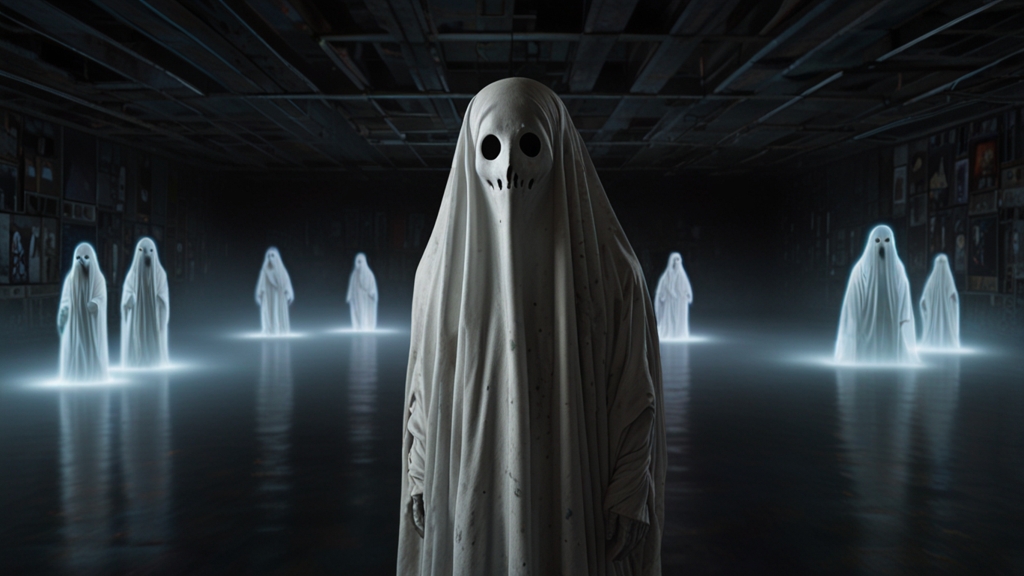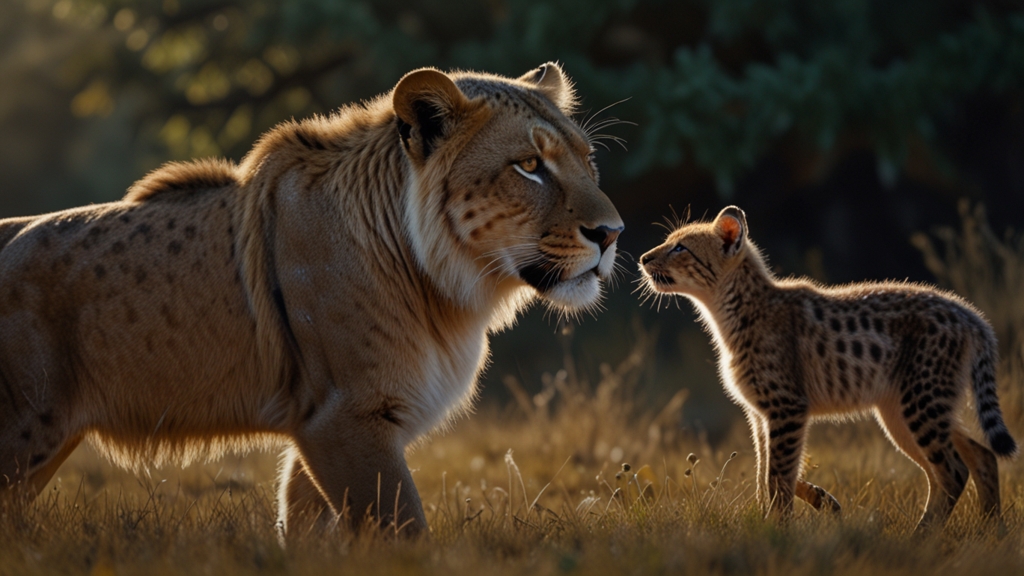The Dramatic Parallels Between Genesis and Today's World Events
The Book of Genesis, the first book of the Bible, contains narratives that are not only foundational to Judeo-Christian thought but also remarkably reflective of contemporary world events. From the stories of creation, human fallibility, and divine intervention, Genesis seems to offer a mirror to our current global landscape. One might ponder whether the ancient text forecasts the cycles of human nature, society, and the cosmos intentionally or if these patterns are intrinsic to the human experience.
Creation and Environmental Concerns
The Genesis narrative opens with the creation story, detailing the formative days in which God brought order and life to the universe. Today, we are amidst an era grappling with environmental degradation and climate change, issues that resonate with the themes of creation and stewardship found in Genesis. Just as the text emphasizes the sanctity and ordered structure of the world, the modern environmental movement calls for a return to harmony and respect for the natural world.
"In the beginning God created the heavens and the earth. The earth was without form, and void; and darkness was on the face of the deep." – Genesis 1:1-2
This passage underscores the transition from chaos to order, a transformation still relevant today. Humanity's task is now to revert the environmental chaos we have induced, striving towards a sustainable and balanced existence.
The Fall of Man and Human Imperfection
The story of Adam and Eve in the Garden of Eden speaks to themes of temptation, disobedience, and the subsequent fall from grace. This narrative can be seen as a parallel to the myriad ways humanity continues to grapple with ethical and moral dilemmas.
"So when the woman saw that the tree was good for food, that it was pleasant to the eyes, and a tree desirable to make one wise, she took of its fruit and ate. She also gave to her husband with her, and he ate." – Genesis 3:6
In today's world, issues like corruption, corporate greed, and political scandals reflect this enduring struggle with temptation and the consequences of ethical lapses. Just as Adam and Eve faced expulsion from Eden, modern societies face their own forms of alienation - social, economic, and environmental - due to missteps and transgressions.
Conflict and Brotherhood
The story of Cain and Abel touches on themes of jealousy, conflict, and familial strife. This tale is tragically echoed in the ongoing global crises where sibling nations and factions are in conflict.
From civil wars to international tensions, the narrative of Cain and Abel offers a poignant reflection on the destructive power of envy and competition. These ancient stories remind us of the importance of addressing underlying grievances and cultivating compassion and understanding.
Divine Intervention and Human Resilience
The Great Flood and Noah's Ark are perhaps among the most dramatic of Genesis stories, symbolizing both divine retribution and salvation. In a contemporary context, this can parallel the existential threats humanity faces, such as pandemics, natural disasters, and global conflicts.
Just as Noah's story is one of building, planning, and ultimately surviving a world-altering event, modern society must also embrace resilience and proactive measures. Initiatives towards disaster preparedness, advancements in medicine, and international cooperation are our modern-day arks ensuring humanity's continuity.
In conclusion, the Book of Genesis serves as a profound allegory for today's world events. Its narratives of creation, fall, conflict, and renewal provide timeless lessons that resonate with contemporary issues. Whether viewed through a spiritual lens or as a reflection of intrinsic human patterns, Genesis remains a powerful guide, emphasizing the cyclical nature of our challenges and the enduring hope for redemption and balance.










